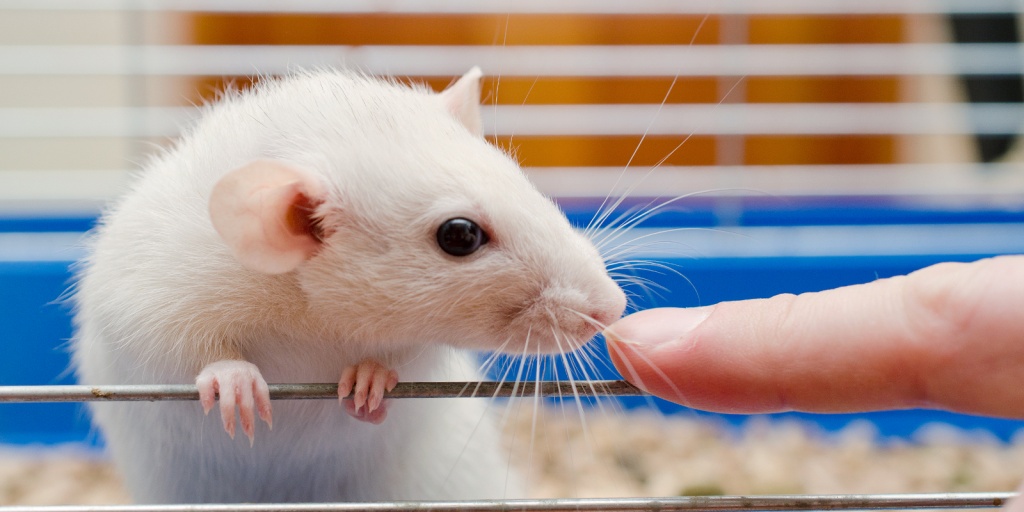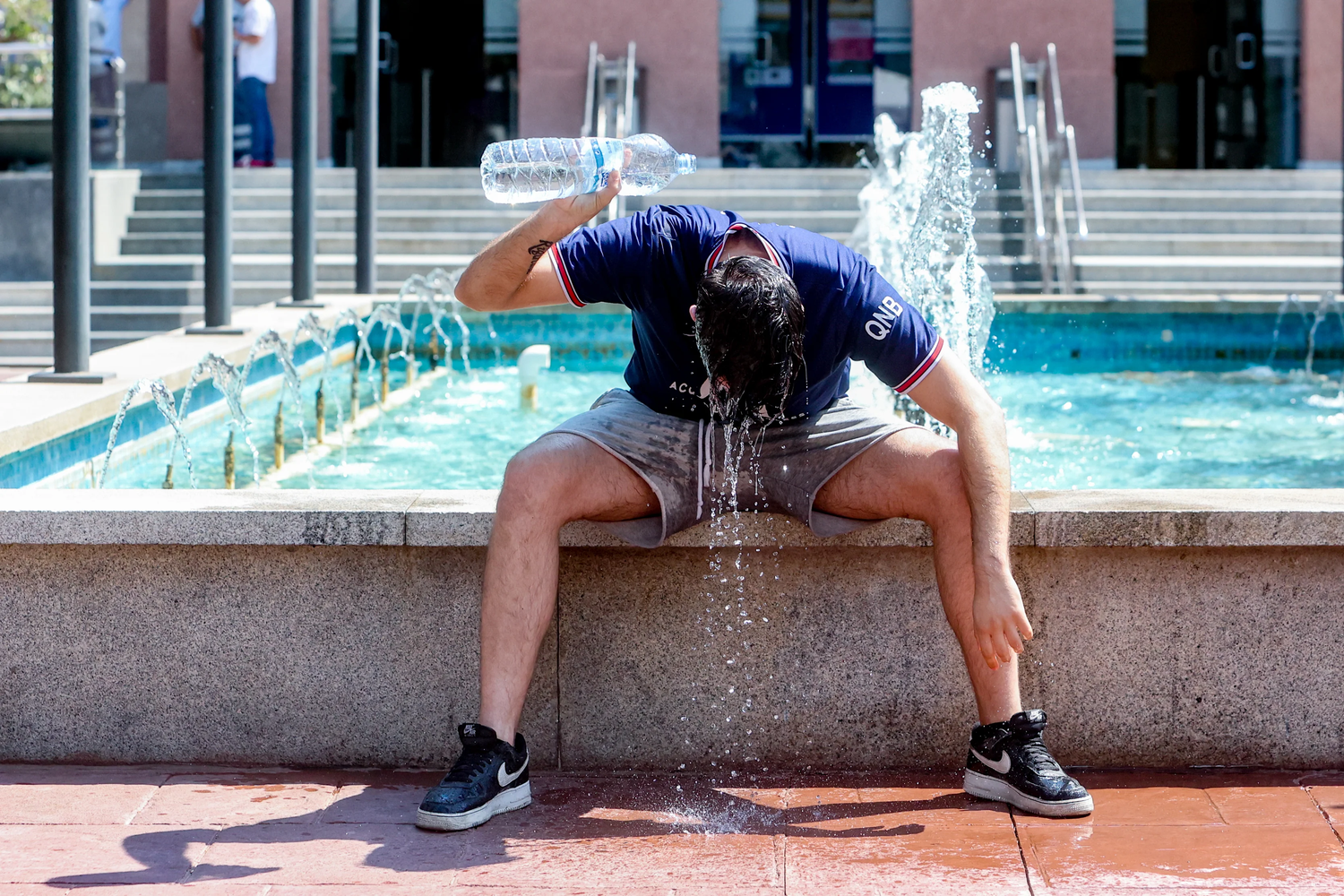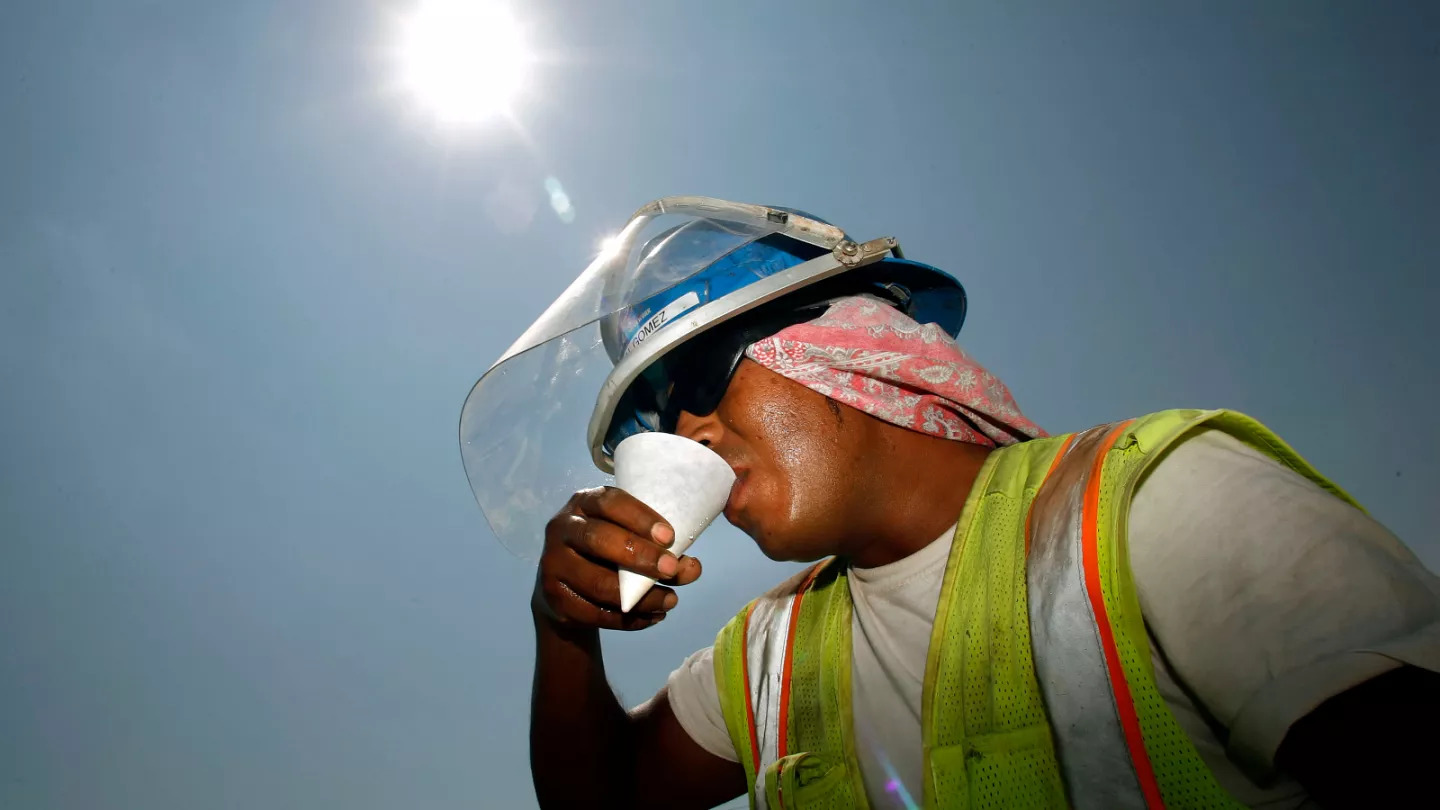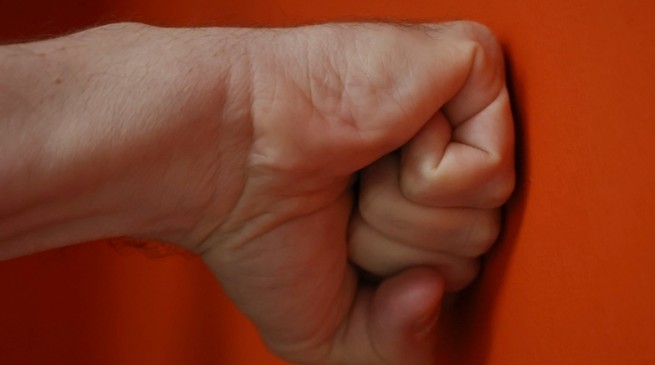Scientists have found evidence that heat affects the behavior of living beings, and unfortunately, in a negative way.
For example, American studies confirm that aggressive reactions in rats towards members of their own species become stronger at high temperatures.
As TASS reports, during the experiment, several pairs of males were divided into two equal groups and shocked with 2.5 mA current at different intervals: the first group received 12 shocks per minute, and the second – 20. This was repeated three times at different temperatures: 4.4, 21.1 and 37.7°C. It turned out that The aggression shown by the rats was associated not with the frequency of electric shocks, but with the ambient temperature: the hotter it was around, the more often the animals showed aggression towards each other (they tried to bite a nearby animal).

A similar trend is observed in dogs. Research shows that heat provokes aggressive behavior towards people. When American researchers from Harvard analyzed statistics of 69,525 cases of dog attacks in eight US cities from 2009 to 2018, it turned out that they are more likely to attack people in hot weather. According to the statistics derived by scientists, the relative The risk of being bitten by a dog at a temperature of -17.7 degrees was less than one, and at a temperature of 32 degrees Celsius – more than 1.2. On average, as experts explain, Dog bites increase by 4% in hot weather.
Even fish become more aggressive in warmer weather: scientists have found that Nile tilapia (Oreochromis niloticus) fight more for dominance in water temperatures of 26°C than in water heated to 14°C.
However The effects of heat are felt not only by animals living by instinct, but also by peopleIt is known that the human body is not adapted to extreme heat: The body's internal self-cooling mechanism, sweating, becomes ineffective when the temperature gets too high and the air becomes humid. Because of this, heat stroke sets inwhich can result in disability or even death. multiple organ failure (kidneys, heart and brain may fail)According to experts, fatal indicator is a temperature of +35°C with 100% air humidity.
Under such conditions, sweat ceases to evaporate and the body ceases to cool, as a result of which even the most prepared person, supplied with an unlimited amount of water, will die within a few hours.

However, physical health problems are not the only danger that extreme temperatures pose.. One of the precedents that gave impetus to the study of the connection between violence and high temperatures is the outbreak of urban riots on the grounds of racial discrimination in the United States in the summer of 1967. If we talk about the weather, they still remain one of the “hottest” in the history of the country, for example, in the city of Coeur d'Alene, Idaho, the temperature remained around +37°C for a record 16 days. Then In three months, there were about 160 cases of unrest across the country, the most notable of which ended in the deaths of 43 peopleThe media dubbed this phenomenon “The Long, Hot Summer,” reflecting the belief that Heat and violence are closely linkedLater, the journalists' assumptions received scientific confirmation.
A 1997 American study examined the relationship between average annual temperatures in the United States and crime rates in 1950-1995 and found that in years when there were more hot days with temperatures of +32°C and above, the number of violent crimes and attacks also increased. In addition, American experts noted that at high temperatures, the statistics of terrorist attacks attacks and related deaths, as well as mass shootings, are getting worse. A 2023 American study showed similar data: it turned out that sudden temperature changes (especially in winter) lead to an increase in the number of violent crimes in American cities. On days of sudden warming, the number of robberies increased by 4%, aggravated assaults by 9.4%, and murders by 19.4% compared to the annual average.

It is assumed that the disappointing data is, among other things, related to the fact that people become more aggressive in the heat. For example, research by American psychologist Craig Anderson has shown that people can begin to perceive other people's actions as aggressive if they are hot. To test this, the psychologist showed students four videos, in which the pair engaged in a dialogue: in the first video, the tone of the conversation was neutral, while the three following clips demonstrated growing tension between the speakers. Respondents had to assess how hostile the people in the video were towards each other. At the same time, while watching the videos, the students were in rooms with different temperatures: from 14 to 36°CAs a result, students who watched the clips in hotter rooms rated even the neutral clip as hostile/irritating.
Most likely, this behavior of people is connected with the fact that In hot weather, the amount of cortisol, adrenaline and testosterone in the blood increases – hormones associated with dominant, aggressive behavior.
However, more and more experts are inclined to believe that the heat only releases previously accumulated stress.
So, during the experiment, where People played computer games in rooms with different temperatures (scientists wanted to prove that the hotter the room, the more likely a person will show aggression towards a teammate), it turned out that aAggressive behavior can be associated not only with temperature, but also with social circumstancesThe researchers ultimately concluded that “heat only facilitates the manifestation of violent impulses, but does not provoke them.”
According to the data obtained by scientists, it was proven that Heat does make mental health problems worse. Thus Extremely high temperatures are associated with increased levels of irritability and symptoms of depression. Heat stroke also poses a serious risk to the brain: 10% to 28% of people who have suffered it experience long-term cognitive or neurological impairment. Brain injury, in turn, can trigger the development of various psychological disorders, such as depression and post-traumatic stress disorder (PTSD).
It is also dangerous for patients with confirmed mental health problems. A large international review study found that higher temperatures and increased UV radiation can trigger relapses in people with bipolar disorder. High temperatures also worsen symptoms of schizophrenia, mood disorders, and anxiety.
Another sad consequence of the heat is an increase in the number of suicides, as shown by an analysis of suicide statistics in 60 countries from 1979 to 2016.
Another cause for concern is the use of medications that people take to cope with mental disordersMany of drugs negatively affect the body's ability to cope with heat, making people undergoing treatment more vulnerable to heat stroke: The drugs simply block sweating, so the body cannot cool down properly. The result is an increased risk of organ failure and even death.

During hot summer months, people's productivity and cognitive abilities decrease. In addition, heat has a negative impact on productivity. American and Finnish scientists have found that the temperature in the office depends on the performance of employees. It turned out that it begins to gradually fall if the air inside the workroom is heated to 23-24°C. And at a temperature of +30°C it even decreases to a record 8.9%. Indian experts have obtained similar results. According to their calculations, if the average annual temperature increases by one degree, production volumes within the country will decrease by 2.1% due to the inability of personnel to cope with the previous pace of work.

How Heat Affects the Psyche: Scientists' Conclusions
The human body has a hard time withstanding heat. To maintain the optimal temperature for organ function, around +37 °C, it has to work in emergency mode: increase sweating and thus cool the skin surface. In the process, important microelements are removed from the body, and the risk of dehydration increases. But heat affects not only the body, but also the brain and psyche. We tell you what is known about this.
The mood deteriorates and anxiety increases
Heat increases anxiety levels, reduces resistance to stress and mood swings. One possible reason for this is lack of sleep. Research shows that in the heat, people find it more difficult to sleep, and their sleep becomes shallow and intermittent.
In 2017, American scientists analyzed data from 765,000 people over 9 years and found that an increase in the average monthly nighttime temperature by one degree Celsius resulted in three additional nights of restless sleep per month. Another study conducted in Denmark showed that on nights when the temperature rose above +30 °C, people slept 14 precious minutes less.
Productivity and cognitive abilities decline
Studies have shown that it is more difficult for schoolchildren and students to study in the heat: they remember information more slowly than usual, are more often distracted, and do worse on exams and tests. The decline in cognitive functions is associated with the fact that in the heat the brain spends more resources on cooling the body and there are simply not enough for other processes
The level of aggression is growing
Another consequence of the heat is increased irritability and aggressiveness. This increases the number of conflicts. The reason is most likely that high temperatures increase the levels of cortisol, adrenaline and testosterone in the human body. This cocktail makes us more irritable and aggressive.







More Stories
You will be surprised to learn about the benefits of this popular sweet.
Snacks – good or bad, what foods can be harmful
Farmer Throws Six Tons of Green Olives Out on the Street